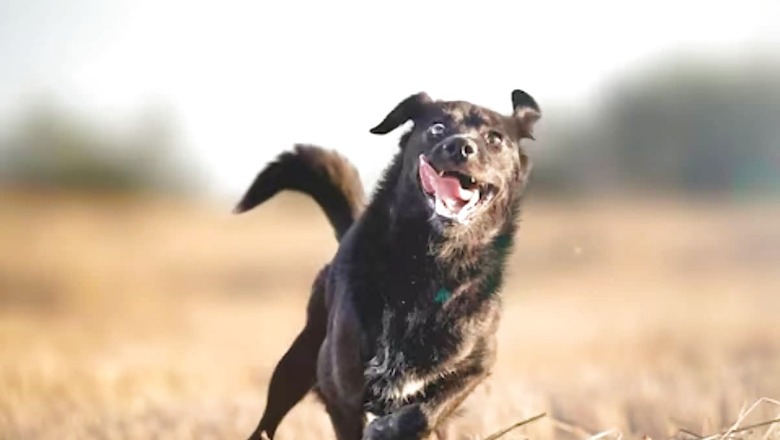
views
The bond between animals and humans is special, rooted in millennia of cooperation and mutual support. Animals have historically provided protection and services to humans, whether in hunting, farming, or performing various tasks essential to daily life. In return, humans offer animals care, shelter and sustenance. Animals possess a remarkable ability to perceive changes in their environment and are innately attuned to human emotions, with claims suggesting they can even smell fear in humans, often resulting in defensive or aggressive behaviour.
A report published in the Scientific Reports Journal highlights that animals, particularly dogs, react to human body expressions and postures, recognising individuals through their responses. Numerous studies have delved into animal behaviour, including an experiment where 100 individuals were shown a comedy film on one occasion and a horror film on another. Following each screening, the participants’ sweat was collected for analysis and dogs and horses were tasked with smelling the sweat samples.
The results revealed intriguing insights: when exposed to the sweat of individuals who had watched a comedy, dogs and horses predominantly used their left nostrils, indicating specific brain activity. Conversely, when presented with the sweat of those who had viewed a horror film, these animals utilised both nostrils, suggesting heightened awareness of fear. This experiment illuminated the animals’ ability to discern human emotions, particularly fear.
Scientists have further elucidated that human sweat contains various compounds, including adrenaline and androstenedione, which can aid animals in sensing fear. When individuals experience fear, their body odour changes detectable by animals. Consequently, animals may exhibit fear-induced reactions towards fearful individuals, reacting defensively or becoming agitated in their presence.
Research demonstrates that animals possess a nuanced ability to detect human emotions, particularly fear, through changes in body odour. This phenomenon shows the intricate nature of the human-animal bond and highlights the importance of understanding and respecting the emotions and behaviours of both species in their interactions.




















Comments
0 comment